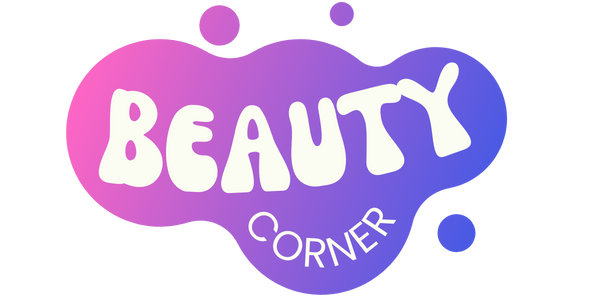The beauty industry is experiencing a transformative shift towards sustainability, reshaping the cosmetics landscape. While traditionally focused on aesthetics and trends, the industry now grapples with pressing issues of environmental impact, sustainability, and ethical practices. This evolution is being primarily driven by a growing consumer awareness and demand for more transparent and eco-conscious beauty products.
Historically, cosmetics have played a central role in society for millennia, influencing fashion and well-being. However, the industry is now facing unprecedented challenges due to concerns over plastic waste, harmful chemicals, and questionable sourcing methods. The sheer volume of cosmetic packaging waste, estimated at 120 billion units annually, has raised alarms about the industry’s environmental footprint. Consumers are increasingly scrutinizing brands as they seek more sustainable alternatives.
In response to these challenges, the beauty industry is witnessing a surge in sustainable practices and clean beauty trends. One notable shift is towards eco-friendly packaging, with brands exploring biodegradable materials, plastic-free options, and refillable packaging to reduce waste. Major players like L’Oréal and Estée Lauder have committed to sustainable packaging goals, signaling a broader industry shift towards environmental responsibility.
Moreover, the “clean beauty” movement is gaining momentum, driven by informed consumers seeking products free from harmful chemicals and environmentally damaging ingredients. This trend is pushing brands to embrace bio-based ingredients and waterless formulations to promote sustainability and reduce their ecological footprint. However, amid these positive changes, there are concerns about greenwashing and misleading marketing tactics, emphasizing the importance of transparent certifications.
Certifications, such as COSMOS and ECOCERT, play a pivotal role in verifying the authenticity and sustainability of cosmetic products. These certifications provide consumers with confidence in the quality, safety, and ethical production of beauty items, ensuring compliance with stringent standards. By holding brands accountable and fostering transparency, certifications act as a guiding light in an industry often clouded by vague claims and questionable practices.
Beyond certification, industry pioneers like ECOCERT are actively promoting sustainable practices and ethical sourcing, advocating for a more transparent and responsible cosmetics industry. These efforts are crucial in combating greenwashing and guiding consumers towards informed choices. While established beauty giants may rely on legacy and market dominance, emerging players are challenging the status quo, driving innovation and promoting ethical standards.
Companies like Selfnamed and Musely are leading the charge towards a more sustainable and transparent beauty industry, offering eco-friendly products and disrupting traditional business models. These initiatives, coupled with a growing consumer preference for sustainable and ethical beauty products, indicate a shifting paradigm in the cosmetics sector. As consumers increasingly prioritize sustainability and ethics in their purchasing decisions, the future of beauty lies in a more responsible and environmentally conscious approach.
In conclusion, the beauty industry’s green revolution is not merely a passing trend but a necessary evolution towards a more sustainable and transparent future. With consumer preferences driving this transformation, the industry must continue to adapt and innovate to meet the growing demand for beauty products that are beautiful inside and out.

Leave a Reply
You must be logged in to post a comment.